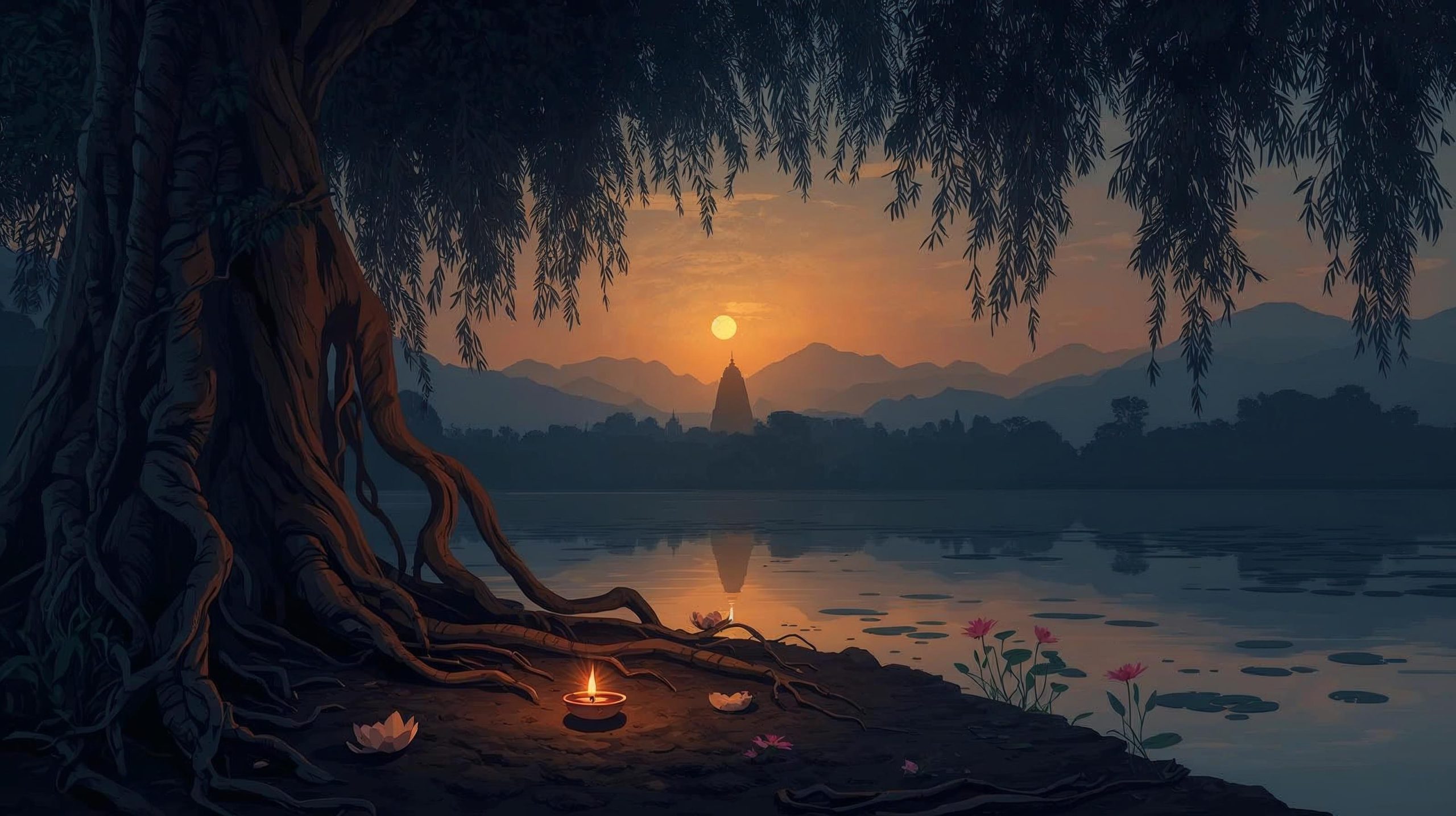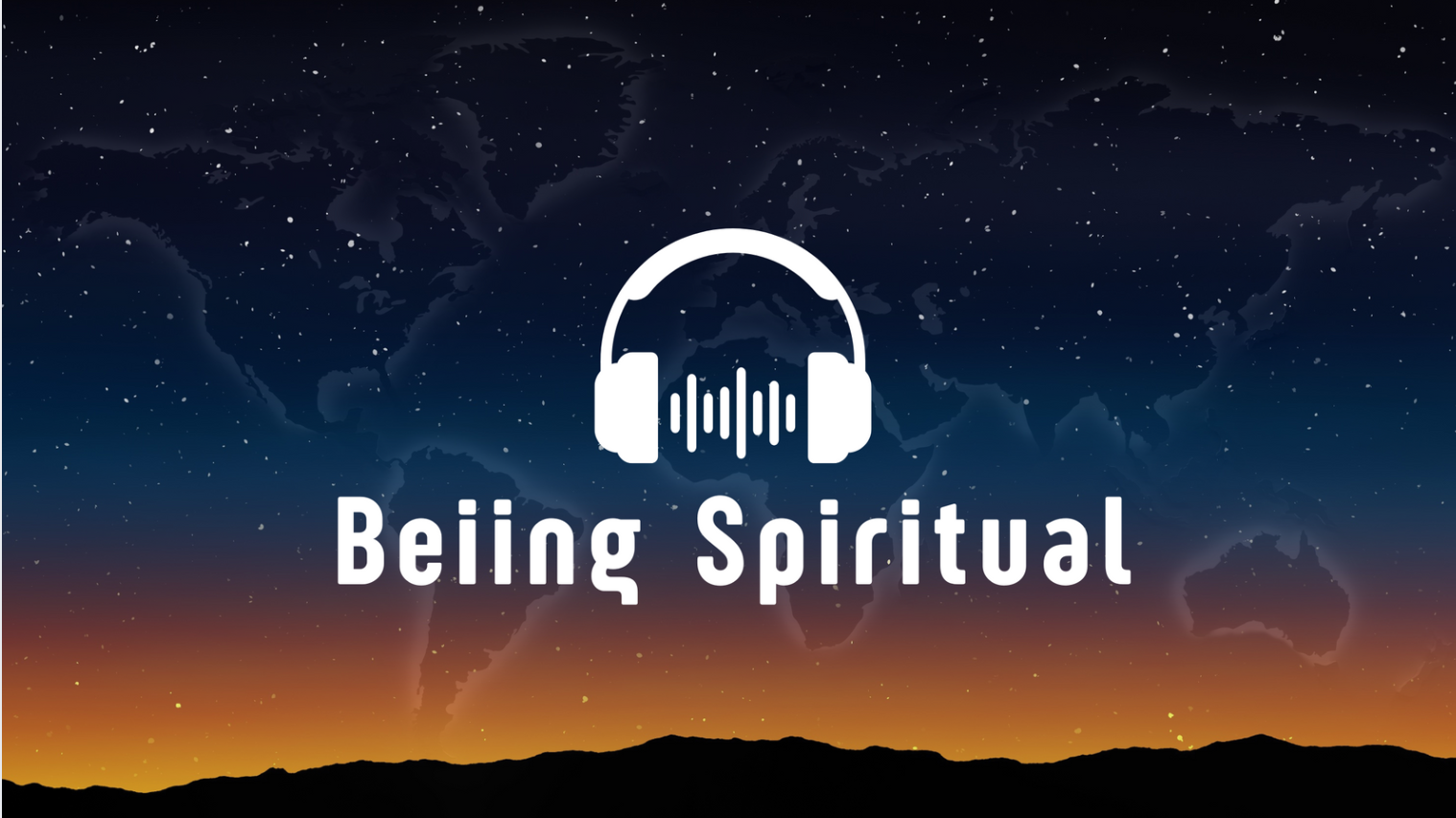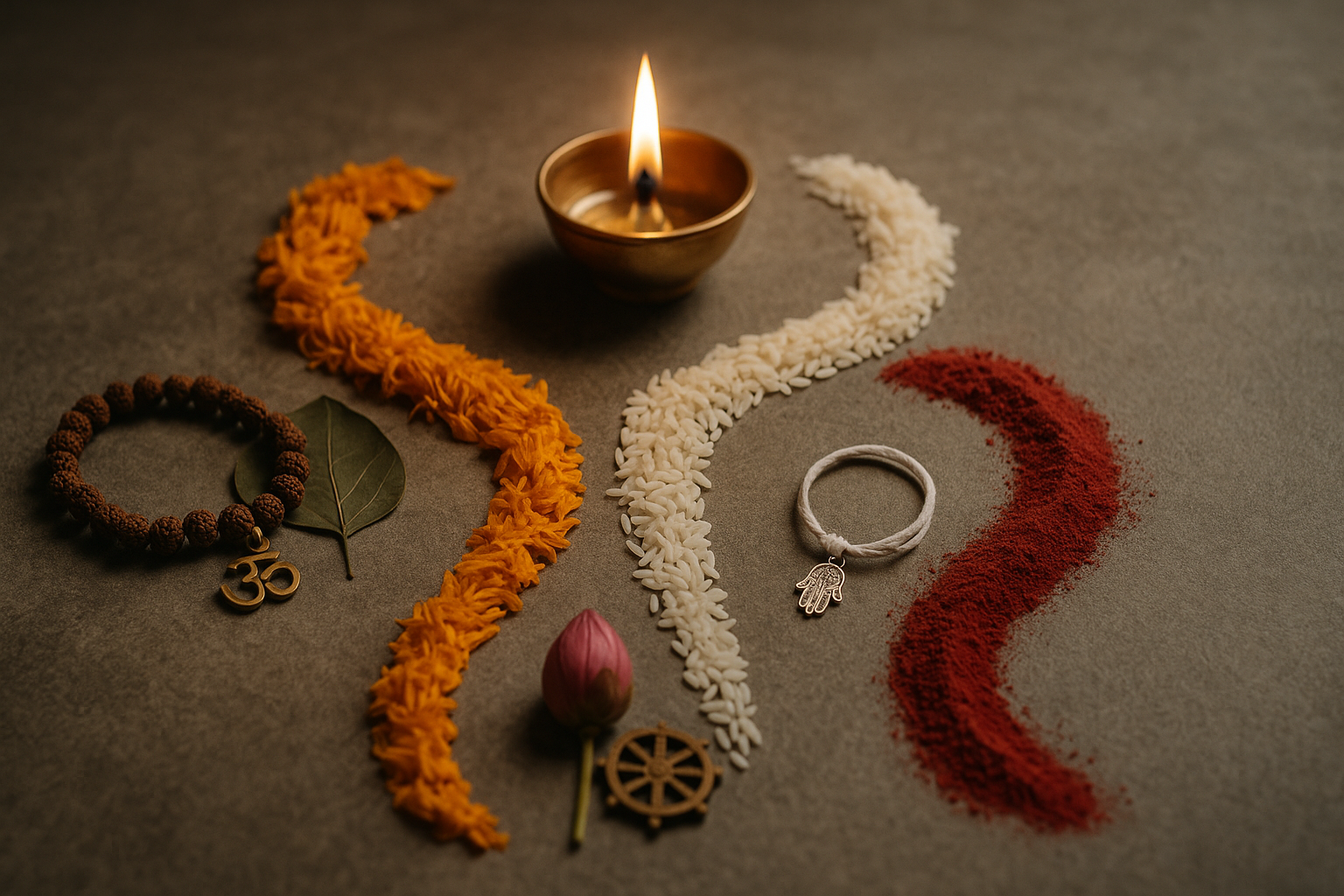🌏 A Living Tradition
Hinduism is the world’s oldest living religion, practiced by over a billion people. But unlike many faiths, it has no single founder or central authority. Instead, it is like a flowing river, enriched by thousands of years of wisdom, scriptures, saints, and traditions.
It is called Sanātana Dharma — the Eternal Way.
🔑 The Core Ideas of Hinduism
1. Dharma — Duty, Righteousness, Balance
Dharma is the principle of living in harmony with truth and responsibility.
- For fire, dharma is to give heat.
- For water, dharma is to cool and flow.
- For humans, dharma is to live with truth, compassion, and self-discipline.
Dharma keeps society, nature, and the universe in balance.
2. Karma — Cause and Effect
Every action has a consequence. Good actions bring harmony, while harmful actions bring suffering. Karma is not punishment — it is simply the law of cause and effect guiding us to act wisely.
3. Rebirth and Moksha — The Ultimate Goal
Hindus believe in samsara, the cycle of birth and death.
- Through karma, souls are reborn many times.
- The ultimate goal is moksha — liberation from this cycle, uniting with the eternal truth (Brahman).
Moksha is the freedom of the soul — like a drop returning to the ocean.
4. The Many Paths of Yoga
Hinduism recognizes that people are different — so there are multiple paths to the same truth:
- Gyan Yoga — the path of knowledge and wisdom.
- Bhakti Yoga — the path of love and devotion.
- Karma Yoga — the path of action and service.
- Raja Yoga — the path of meditation and discipline.
Each path is a way to unite the self with the divine.
5. Scriptures of Wisdom
Hindu thought is preserved in many sacred texts:
- Vedas — the oldest scriptures, hymns of knowledge.
- Upanishads — philosophy and self-inquiry.
- Bhagavad Gita — dialogue on duty, devotion, and liberation.
- Puranas and epics (Ramayana, Mahabharata) — stories teaching values.
They don’t demand blind faith but encourage reflection and practice.
6. One Truth, Many Forms
Hinduism honors many deities — Shiva, Vishnu, Ganesh, Surya, and more. But all are understood as different expressions of the same ultimate reality, Brahman.
This is why Hinduism is both diverse and united.
🌸 Everyday Hinduism
Festivals like Diwali, Holi, and Navaratri… pujas at home… yoga and meditation… respect for nature… These everyday practices keep Hinduism alive as a family tradition and as a cosmic vision.
✨ Closing Reflection
The main ideas of Hinduism are not about rigid rules but about living in harmony:
- Live with truth (dharma).
- Act with awareness (karma).
- Seek liberation (moksha).
- Follow the path that suits your nature (yoga).
At its heart, Hinduism says: The divine is within you, and life is your journey to realize it.





प्रातिक्रिया दे